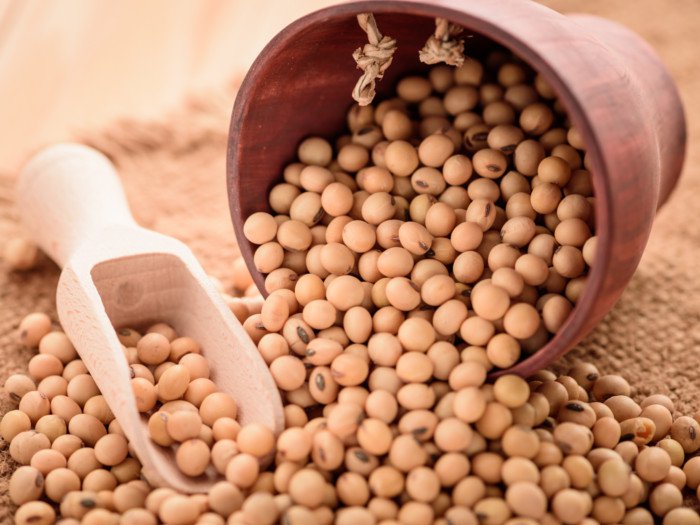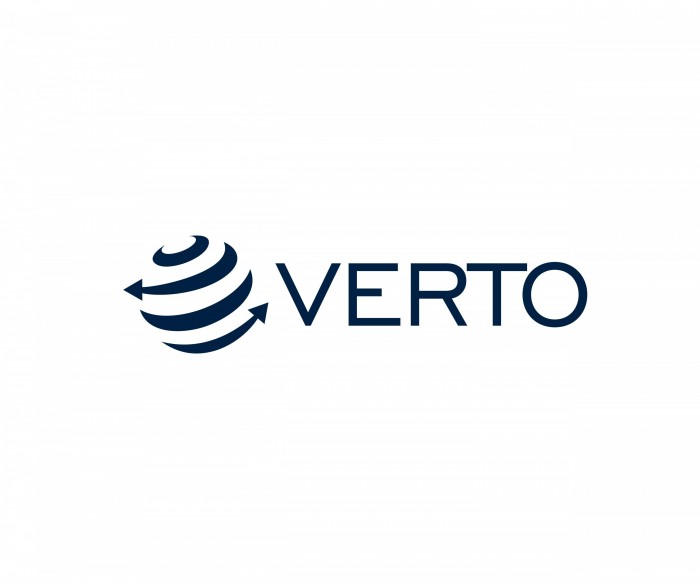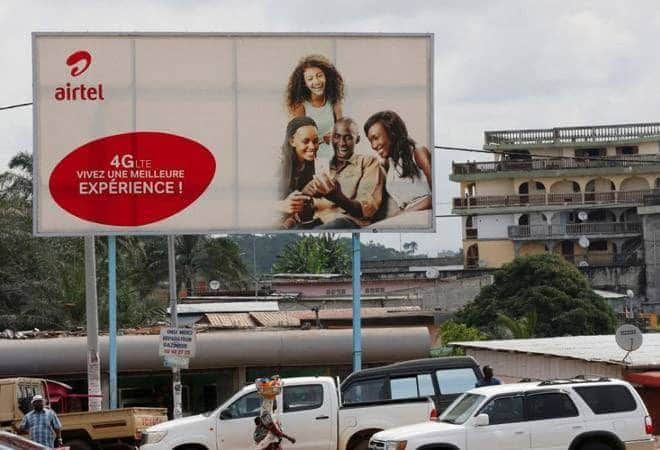Soybean appreciates in June trading, overtops others till-date
One of the most cultivated leguminous vegetables in Nigeria, Soybean attracted the most gain in agricultural commodities trading on AFEX exchange during June and continued to outstrip paddy rice, cocoa, sorghum, ginger, and maize season-till-date.
The crop gained 3.4 percent week-on-week, moving from an average of 151 points during the first week to 156.50 between 7th and 13th of the month, based on the data obtained from AFEX Commodities Weekly Price Report. The increase drove the soybeans from 2508 percent to 35 percent, followed from a distance by ginger 11.47 percent, maize 11.11 and sorghum 7.79 percent.
The latest AFEX Commodities Index composite – a collection of all commodity indexes averaged together to represent overall market or sector performance- averaged 170.8 points during June, marking a 2.97 point increase from 1.77 percentage point at the beginning due to the closure of markets from the public holidays.

According to the report, the maximizing prices for Maize, Sorghum, Soybean and paddy rice recorded in Shuwarin market in Jigawa state; Oja tuntun, Kwara; Dawanau market, Kano and Mbulatawiwi, Borno state. The minimum price for maize, sorghum, soybeans, and paddy rice were recorded in Sabuwar Kasuwa, Borno state; Leggal, Gombe; Mbulatawiwi, Borno and Kamba, Kebbi state. For ginger, the minimum and maximum price was recorded in Kwoi market Kaduna state.
The report tracked the price movement of commodities traded on the exchange and all executed prices inclusive of logistic costs, covering commodities from the farm gate to the reference delivery point.
During the first week of June, the commodities index composite averaged 167.71 points marking a flat performance over the week due to the closure of markets from the public holidays. All sub-indices of the composite index recorded neutral independent performances for the period with maize falling during the week due to the increase in quantity available in the market without an equal increase in their demand.”
The period saw maximizing prices for Maize, Sorghum, Soybean and Paddy rice in Dawanau market, Kano state; Kwaya Kusar, Borno and Biu, Borno state. The minimum price for maize, Sorghum Soybeans, and paddy rice was recorded in Saba, Kaduna state; Biu, Borno and Burbara, Jigawa state respectively.
Digital platforms on agricultural investments monitored by AgroNigeria show that soybeans deals for July were sold out already. On Farmcrowdy, for instance, a unit of soybeans to be farmed in Jos was offered at N148,000 with 14 percent return on investment in five months. As of July 5th, no units were left.
According to IITA, the demand for soybeans in Nigeria alone is currently estimated at 2.2 million tons while the annual production Is only at 600,000 tons. Although Nigeria remains the largest producer of soybeans in Sub-Saharan Africa, the huge gap between demand and supply makes the crop insufficient for consumption, hence, a need to cultivate soybean.
But according to the United States Department of Agriculture, Nigeria had produced 1.1 million metric tons so far in 2019, rising 4.3 percent from 1.054 million in 2018.
Kelechi Deca

Kelechi Deca has over two decades of media experience, he has traveled to over 77 countries reporting on multilateral development institutions, international business, trade, travels, culture, and diplomacy. He is also a petrol head with in-depth knowledge of automobiles and the auto industry.










